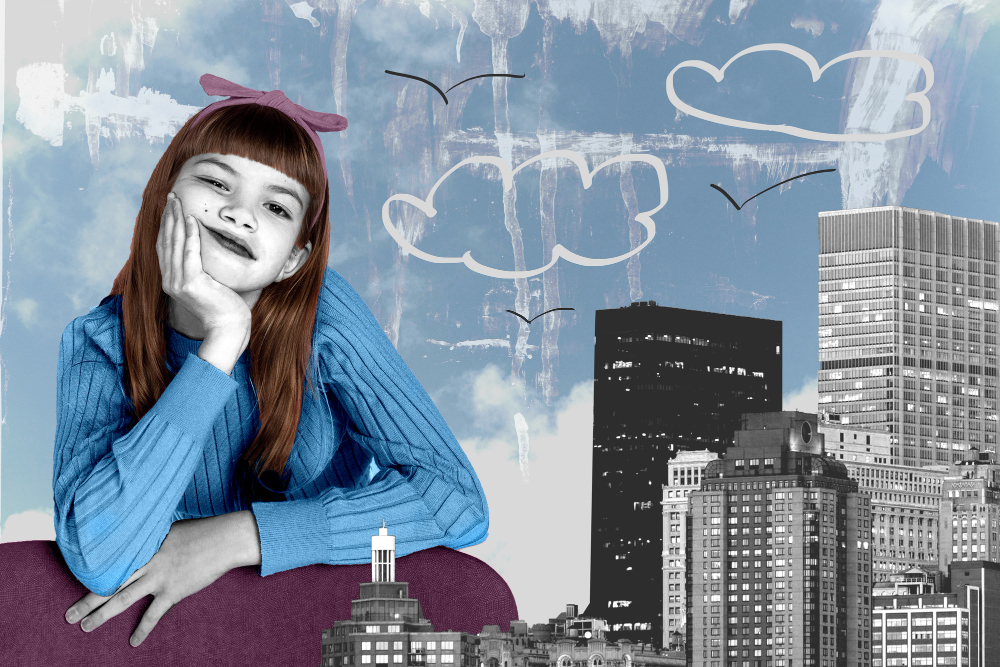If something happened in class—like you had a hard moment, spoke out, made a noise, or got overwhelmed—and then the whole group got punished, you might be feeling confused, ashamed, or like everything was your fault.
You are not the only one. And you are not the problem.
This page is for students who were blamed, especially if you’re neurodivergent, disabled, or often misunderstood. It links to a blog post written just for you: To the neurodivergent kid who got blamed.
What is collective punishment?
Collective punishment is when the whole class or group loses something—like recess, a field trip, or free time—because of what one person did. Sometimes the teacher doesn’t say your name. But everyone looks at you. And you know. And it hurts.
This kind of punishment is unfair, and it’s especially harmful to students who are already struggling or trying their best to self-regulate.
What does it feel like?
You might feel:
- Blamed, even if no one said it directly
- Watched or stared at
- Ashamed, even though you were just having a hard time
- Like it’s not safe to be yourself in class
These feelings are real. And they make sense. What happened to you wasn’t fair—and you didn’t deserve to be made the reason everyone else lost something.
What can I do now?
- Tell someone you trust. It could be a parent, caregiver, EA, counsellor, or support worker. You can say, “I got blamed and everyone was punished, and I don’t think that was fair.”
- Write it down. What happened before the punishment? What were you feeling? What did the teacher say? How did it feel in your body?
- Ask for support. A grown-up can help you talk to the school. You can ask for help understanding your disability—and for a plan that supports you instead of punishing the group.
Is this about being in trouble?
No. Having needs or getting overwhelmed isn’t a behaviour problem—it’s a signal. It means something is hard, not that you’re doing something wrong. Everyone needs support sometimes. That doesn’t make you bad. That makes you human.
What if I want to fix it?
That’s brave. And it’s possible. Repair doesn’t mean saying sorry for existing—it means finding ways to help people understand what was going on for you, and asking the school to respond with care instead of shame.
You can:
- Talk to your class or ask someone to help you share what you want them to know
- Ask for a meeting where people listen, not blame
- Help change the way your school responds to kids who need support
You are allowed to take up space
You don’t have to be smaller to be accepted. You don’t have to be silent to deserve care. You are not the reason other kids are suffering—the system that punishes instead of supporting is.
You are allowed to speak. You are allowed to ask for justice. And you are allowed to exist exactly as you are.
-
To the neurodivergent kid who got blamed
Worried your mistake might get your whole class punished? That fear isn’t yours to carry. Here’s why—and what you can do.







